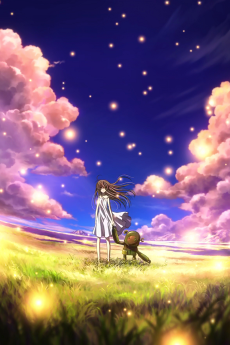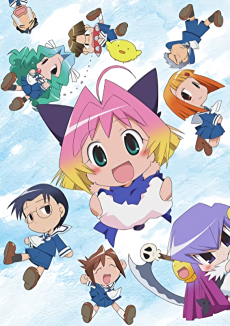CHICCHANA YUKITSUKAI SUGAR
STATUS
COMPLETE
EPISODES
24
RELEASE
March 26, 2002
LENGTH
24 min
DESCRIPTION
The Season Fairies make the weather, each kind having its own specialty. Only full-fledged fairies have this ability. Sugar is an apprentice Snow Fairy. She and her friends have had all of the training and now need to find magical “Twinkles.” Unfortunately, none of these fairies know what a Twinkle is. However, they do find a human girl, Saga, who can see them when others can’t. Saga prefers a quiet and orderly life, becomes the rather unwilling helper to these noisy, lively, little fairies.
(Source: Sentai Filmworks)
CAST
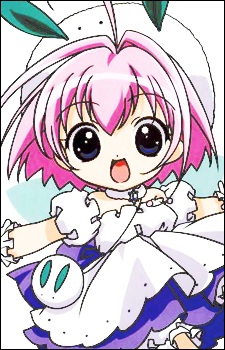
Sugar
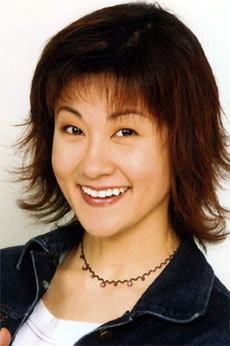
Tomoko Kawakami
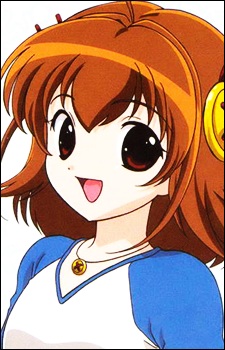
Saga Bergman
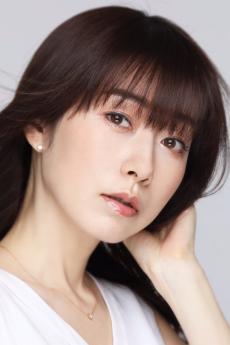
Masumi Asano
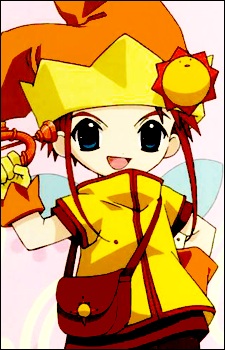
Salt
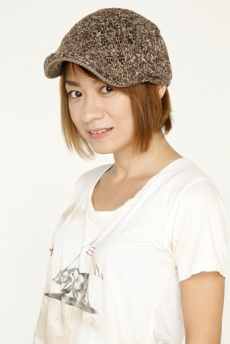
Tomo Saeki
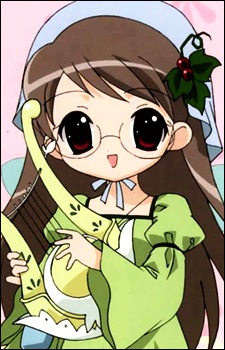
Pepper
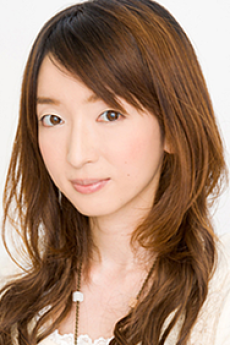
Kaori Mizuhashi
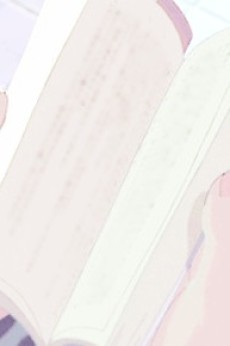
Narrator
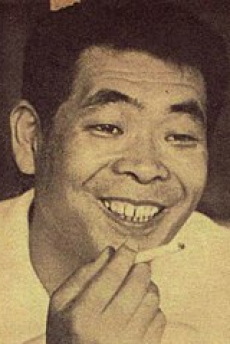
Akira Nagoya

Norma
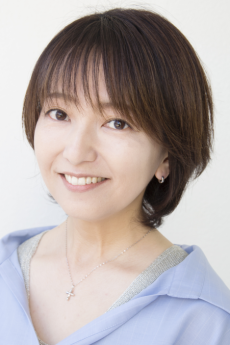
Akiko Nakagawa
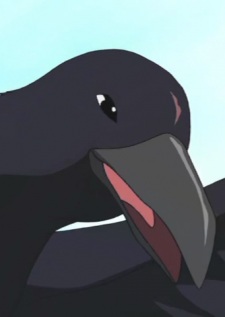
Joe the Crow
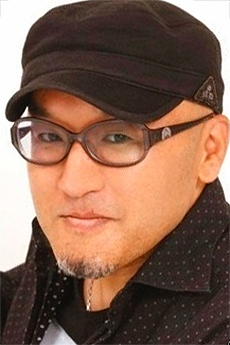
Fumihiko Tachiki

Ginger
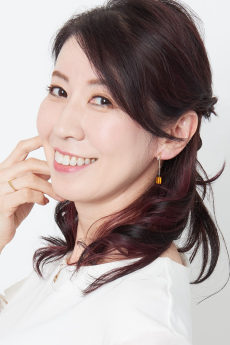
Kotono Mitsuishi

Anne

Sawa Ishige

Hanna
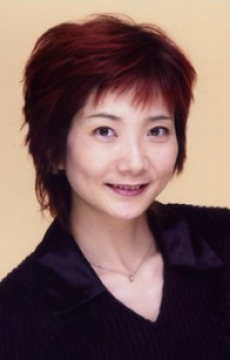
Akiko Hiramatsu

Paul
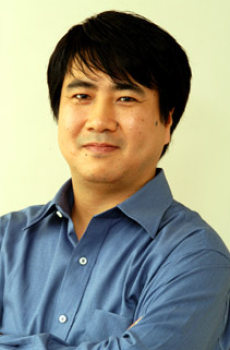
Yasunori Matsumoto

Cinnamon

Akiko Hiramatsu

Turmeric
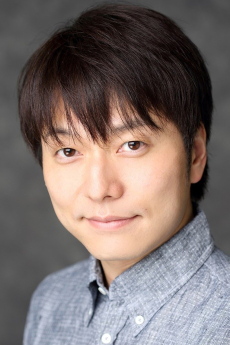
Kenji Nojima

Greta
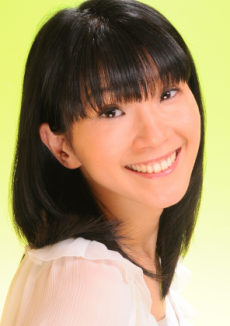
Chinami Nishimura
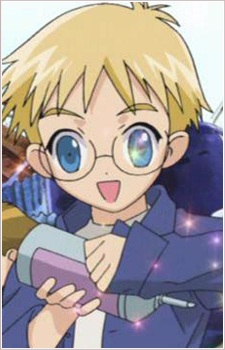
Phil
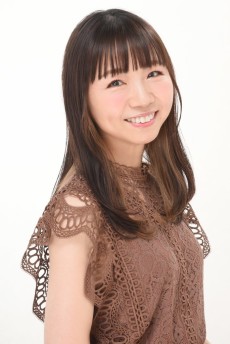
Asami Sanada

Jan
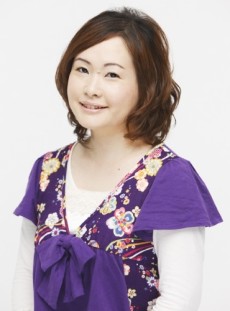
Yuuko Sasamoto

Basil
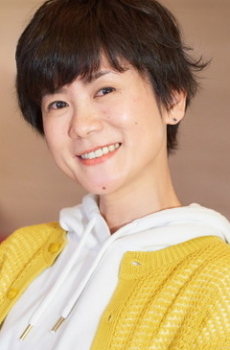
Yumiko Kobayashi

Tencho

George

Greta's Father
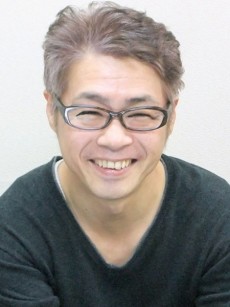
Hiroshi Naka
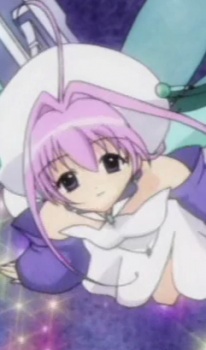
Snow Fairy

Chrono

Fumihiko Tachiki

Kanon
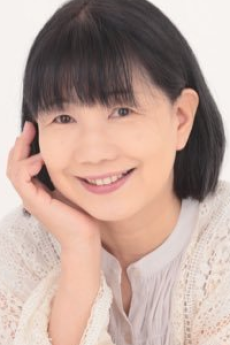
Taeko Kawata

Alan
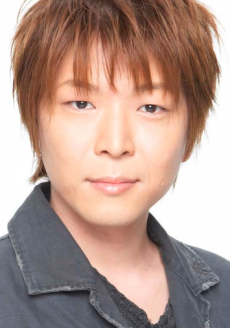
Jun Fukushima

Rukino
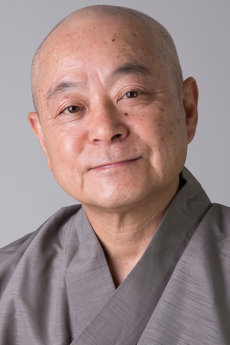
Kiyonobu Suzuki
EPISODES
Dubbed
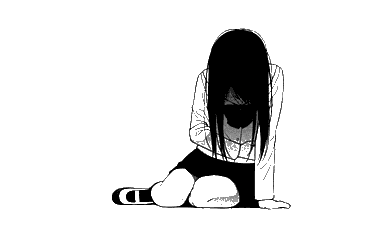
Not available on crunchyroll
RELATED TO CHICCHANA YUKITSUKAI SUGAR
REVIEWS

TheRealKyuubey
80/100A Saccharine Exterior Belies Layers of Complexity and a Strong Emotional Core.Continue on AniListHave you ever heard of season fairies? They’re tiny flying beings who control the weather. Whenever it rains, or it snows, or there’s a loud thunderstorm outside, it’s the work of a season fairy. They create the clouds, the breeze, the sunshine... You can’t see them of course, or at least, most people can’t. But Saga Bergmen is not most people. Living with her grandmother ever since her mother passed away, Saga desires nothing more than to have perfect control over her life... She schedules everything out in advance, prepares for every setback, and occasionally lectures her friends for not having as much discipline as she does. One night, she finds a tiny fairy shivering alone in the rain. Feeding her a few bites of her waffle and taking her home, the little fairy reveals herself to be a snow fairy named Sugar... She’s hyperactive, she’s curious, she’s more heart than brain, and since a flower she’s destined to grow has attached itself to a tiny piano Saga’s mother gave her, the two are stuck together! Will Saga’s new fey roommate drive her insane, or will losing control of her life force her to finally confront the shadows of her past?
There was a certain sub-genre of anime around the turn of the millennium that was inescapable for a couple years, and I don’t know if there’s an official term for it, but I’m going to go with “Children’s moe.” Most likely a distillation of a couple of other moe trends, magical waifu anime and magical girl anime, children’s moe took the concept of fantasy construct characters in a more casual and family friendly direction. Rather than having some lonely loser surrounded by a desperate harem who stand nary a chance against the perfect domestic goddess who literally fell from the sky, or a special girl next door being chosen to transform into a superhero persona to fight evil, children’s moe creates a very distinct separation between its fantasy cast and its human cast... Fantasy beings, usually in the form of tiny fairies so there's no chance of them becoming the human's love interest, will attach themselves to some bland yet morally sound protagonist in a slice of life setting. I haven’t actually seen very many of these myself... I’ve never really felt the urge to check out Bottle Fairy, Digi Charat, Shugo Chara or Risky Safety, but if they’re anything like A Little Snow Fairy Sugar from a visual standpoint, I might be tempted.
An original creation by JC Staff, running alongside a manga adaptation that would begin its release a couple of months later, it’s kind of a miracle this show looks as good as it does. Sugar was one of the earliest solo productions by JC Staff, and at the time of its release, their best looking projects were either coproductions with bigger studios, or they were heavily stylized to the point where you legitimately couldn’t tell how much money went into them, like Utena and Excel Saga. Sugar is a lot more down to earth visually, and it’s pretty easy to tell they had budget restrictions right from the beginning. What little movement there is can be incredibly stiff, especially when it’s being used as a transition between two static key frames. On the bright side, this kind of motion is used sparingly, and the focus is usually elsewhere. Shinichiro Kimura is by no means a legendary director. He directed around 20 projects from 1998 to 2012, and while I haven’t seen everything he’s done, Sugar is by far his best looking work, to the point that comparing it to other titles on his filmography... Karin, Venus Versus Virus, fucking Popotan... Is honestly kind of an out of body experience, because for what it is, Sugar is extremely well directed.
Again, that’s not to say the budget issues aren’t obvious, as Sugar just doesn’t move the way an expensive show moves, but there are a lot of lingering key frames(none of which ever wear out their welcome) Piano playing scenes where the characters’ hands are out of frame and you just see their arms slightly moving, and segments where the flying fairy characters look like they’re being dragged across the screen, shrinking into the background or expanding into the foreground- Which they can get away with, as they don’t need to move anything to go from place to place. Unless I’m forgetting something, they barely ever have to flap their wings, which had to save a ton of money. Still shots are well framed, often communicating very subtle details about the characters and what they’re going through, and the rest of the time the focus is mainly on the soundtrack and the immersive backgrounds. It’s never specified where the series takes place, but the design of the town seems to be a combination of Germany and Japan with the occasional touch of Italy, adding a layer both to the mysterious nature of the story, and the timelessness of the setting.
The anatomy of human characters leans heavily towards realism, with the exception of their slightly more cartoony faces, and while I don’t think the director knew quite how to express deeper and more complex emotions on facial designs like these, he knew his way around it. He used thoughtful angles, slight changes in color saturation to draw more attention to what you couldn’t see, keeping their faces either out of frame or in shadow, leaving everything up to your imagination until it’s time for the tearful reveal. He doesn’t do that so much with Sugar, whose emotions are kind of on a hair trigger, but he does it a few times for Saga, which is good because she has an incredibly emotionally complex character arc that I’ll be going into further in a little bit. It’s a really good looking show in spite of the limited animation, but the music also does a lot of heavy lifting. The opening is your typical love-it-or-hate-it bubblegum fare, it’s not terrible, but I found myself skipping it more often than not. The ending theme is a lot more pleasant, with its music box aesthetic. For the rest of the soundtrack, both in and out of universe, it’s mostly piano and orchestral music, and it has a classy, beautiful feel to it. An original track called Mother's Melody serves as a motif throughout the story, and it's very distinct and memorable, but also simple enough that Saga's mother could very believably have taught it to her before her death. It's a nice touch to an already lovely score.
As for the english dub, it’s kind of a mixed bag. I was never a huge fan of Pioneer/Geneon as a dubbing company, not just because of the outrageously expensive DVD releases they used to be famous for(which seem quaint compared to what NIS does today) but also because they had a trend of replicating moe voices with high-pitched, screechy performances that sound ear-splittingly artificial. Best case scenario, you’ve heard performances like this so many times that you’ve just gotten used to it, and it’s not a big deal for you. Worst case, you can’t stand it, and Rebecca Forstadt’s performance as Sugar is the bane of your existence. If that is the case, then the original sub is what you would probably prefer, and hell, it sounds perfectly fine. Having said that, the dub DOES have two significant advantages; Saga is played in English by one of my all time favorite voice actors, Michelle Ruff, who is absolutely fantastic in the role. I’ve gushed over her ability to layer her performances with subtle emotional dissonance that can add hidden meaning to even the simplest of deliveries, and Saga is no different. There’s also Stephanie Sheh, who is having a ball playing the desperately haughty Greta, Saga’s one sided rival, and it’s a joy hearing her ham it up. There are other solid performances that also make a strong case for the dub, but again, if you can’t stand Sugar herself, I get it.
It’s fair to say an anime like A Little Snow Fairy Sugar does not leave a good first impression, particularly on an adult. If you can get past it’s sickeningly sweet, damn near memeworthy title, it looks like your standard, empty, vacuous little children’s show that’s there to fill up air time and keep the littlest of children glued to the TV for twenty minutes. My first impression of it was that it had one prominent appearance in three of the first four AMV Hell installments, before never showing up again, which suggested that it was some innocent children’s show that had been co-opted by internet edgelords... You know, something like the rise of Bronies, only about ten years earlier. I don’t remember why I eventually watched it... It got picked up by Sentai about a decade after Geneon went under, and they were selling it for like three dollars a pop for their Christmas sale one year, and I’m pretty sure I decided to check it out solely based on it’s previous reputation and cringey title. To me, it was the show from AMV Hell that taught me Sailor Chibimoon’s voice actor used to work for a radio station and sang an Eminem parody. I can’t hold onto that kind of trivia and NOT watch the anime attached to it, right?
I don’t remember exactly when I got around to watching it... I’m pretty sure it was a year before I killed my blog... But I remember being surprised by how good it was, and I like it even more now that I’ve seen it a second time. Yes, I know, it’s an anime for little kids, but there’s no rule stating shows aimed at toddlers can’t be high quality. If that were the case, gen 4 My Little Pony wouldn’t have become a cultural phenomenon. Hell, I’ve come across incidental Sesame Street segments that featured smart writing and sharp humor. For its first five episodes, Sugar is your typical flowery slice of life full of magic and silly hijinks. The story is simple, the odd couple dynamic between Saga and Sugar is perfectly effective, and while there is a hint or two at Saga’s anal-retentiveness being the result of having to grow up really fast to compensate for the loss of her mother, the over-all tone is pleasant and light-hearted, as the cast solves problems and learns more about each other, with some dumb logical fallacies that are pretty easy to ignore. Saga interacting with the fairies in front of people with minimal issue makes about as much sense as Ash not seeing through Team Rocket’s disguises in Pokemon, you just sort of get used to it. But in episode 6, something changes.
In episode 6, Saga and Sugar’s friendship becomes strained, but it isn’t your typical throwaway “Now you’ve gone too far!” break-up that lasts all of one episode and gets resolved. Episode 6 goes a little more serious, and a little more dark. I’m not going to spoil what happens in that episode, but it very openly reveals the emotional core of the series, and it’s a strong fucking core. I’m not exaggerating when I say Saga has one of my favorite character arcs in anime history, one that I would put right up there with some of the best material from Battle Athletes Victory. Underneath all of the magical slice of life fairy antics, this is a show about a girl on the cusp of adolescence dealing with some very old unresolved trauma that she never properly worked through as a child, and while she’s clearly put a lot of work into cultivating an ultra-responsible, well-adjusted persona, there were multiple moments in this series where I found myself audibly exclaiming “Oh shit” because I knew the main character so well at that point, I knew she was about to have her foundation rocked by something that was about to be revealed to her.
If you’re familiar with the term “Mask, Countermask, The Dark Room,” it’s a character writing principle where you flesh out a character’s psyche... The version of themselves they show the world, the version they keep hidden from others, and the version they hide from themselves. Saga exemplifies this principle, and her arc gives the series an intense emotional complexity that you probably wouldn’t notice at first glance... Probably because at first glance, all you see is Sugar, and she’s nowhere near as interesting. That’s not to say she’s a bad character by any means, screechy dub performance aside, she’s as cute and precious as you’d want a moe fairy character to be, there’s just not a lot of depth to her. I guess that’s fine, though, since she has chemistry with Saga and her other fairy friends, and she fits her role well enough. It’s pretty obvious to any adult watching the series what a “twinkle” is and why she’s been sent to look for one, but it never quite becomes insutingly stupid, it feels like it would genuinely be an engaging mystery for younger viewers, and it does tie Saga and Sugar together from a narrative perspective.
When the show does get dumb... Like, really dumb... It’s usually doing something unique and creative, like the fairies are teaching a turtle how to fly, which yeah, actually happens. Or we’re getting snippets of lore about the fairy community which don’t make a whole lot of sense, but then again, we are supposed to believe fairies create the fucking sunlight, so I’m not expecting anyone in the cast to pull out a book called “Da Rules” or anything like that. There are sequences that openly defy logic and the laws of physics, but there’s usually something going on in the middle of it that’s just emotionally resonant enough to justify it. The show is completely wholesome(which is a feat for a show with at least one bath scene per episode), with the only exception being Saga’s interactions with an adult piano player that ALMOST feel flirtatious, and ALMOST feel creepy, but never quite tiptoe past the edge of being objectively problematic. Although, on that note, I love puns a little too much to constantly hear the phrase “The Bear Pianist” without making a thing out of it. I’m only human after all. I can’t say I’d recommend this show to everyone, as it might be too childish or girly for some viewers, but hey, if any demographic is capable of looking past stuff like that, it’s otakus.
A Little Snow Fairy Sugar is currently out of print, but it can be streamed on Hidive and Amazon. The manga was released stateside by ADV, but is also out of print. If you enjoyed the series itself, then I’d also highly recommend the two episode OVA that was released to conclude it, they’re available wherever you can find the series proper.
I’ve addressed this a few times before, but there are always going to be cultural stigmas over the intended audience of a piece of media, with regard to whether or not you should be watching it. I obviously agree with this ideology in terms of content, as kids probably shouldn’t be watching media meant for adults, but you also see a lot of people turning their noses up at media that was made for a female audience, or worse, when it’s made specifically for children. A piece of media is too girly, or too childish, therefore it triggers a knee jerk reaction and in some cases even a sense of revulsion. Personally, I don’t subscribe to that. Regardless of the genre or intended demographic, any piece of media has an equal chance of either engaging you or alienating you, and frankly, the best way to find unexpected treasures is to search in unexpected places. A Little Snow Fairy Sugar is one such treasure. It has a sickeningly sweet exterior that I can totally understand puts some people off, but beneath all that, this series is very strongly written and has more than enough emotional complexity to bring a twinkle to the hearts of the most cynical viewers.
I give A Little Snow Fairy Sugar an 8/10.
SIMILAR ANIMES YOU MAY LIKE
 TV SHORT ComedyBinzume Yousei
TV SHORT ComedyBinzume Yousei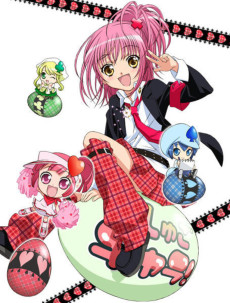 ANIME ComedyShugo Chara!
ANIME ComedyShugo Chara! ANIME AdventureWagamama☆Fairy Mirumo de Pon!
ANIME AdventureWagamama☆Fairy Mirumo de Pon!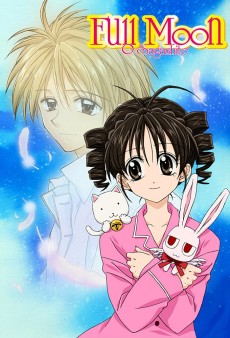 ANIME ComedyFull Moon wo Sagashite
ANIME ComedyFull Moon wo Sagashite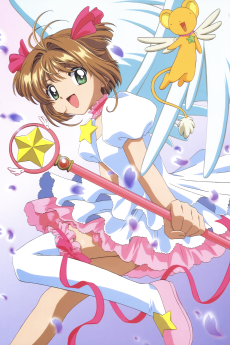 ANIME ComedyCardcaptor Sakura
ANIME ComedyCardcaptor Sakura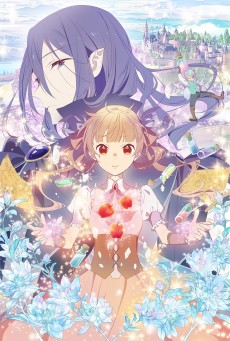 ANIME AdventureSugar Apple Fairy Tale
ANIME AdventureSugar Apple Fairy Tale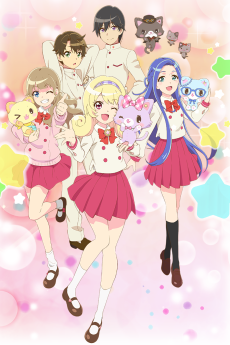 ANIME AdventureMewkledreamy
ANIME AdventureMewkledreamy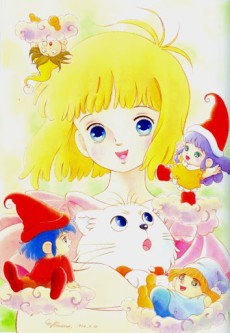 ANIME FantasyTongari Boushi no Memole
ANIME FantasyTongari Boushi no Memole
SCORE
- (3.3/5)
MORE INFO
Ended inMarch 26, 2002
Main Studio J.C. Staff
Favorited by 63 Users




